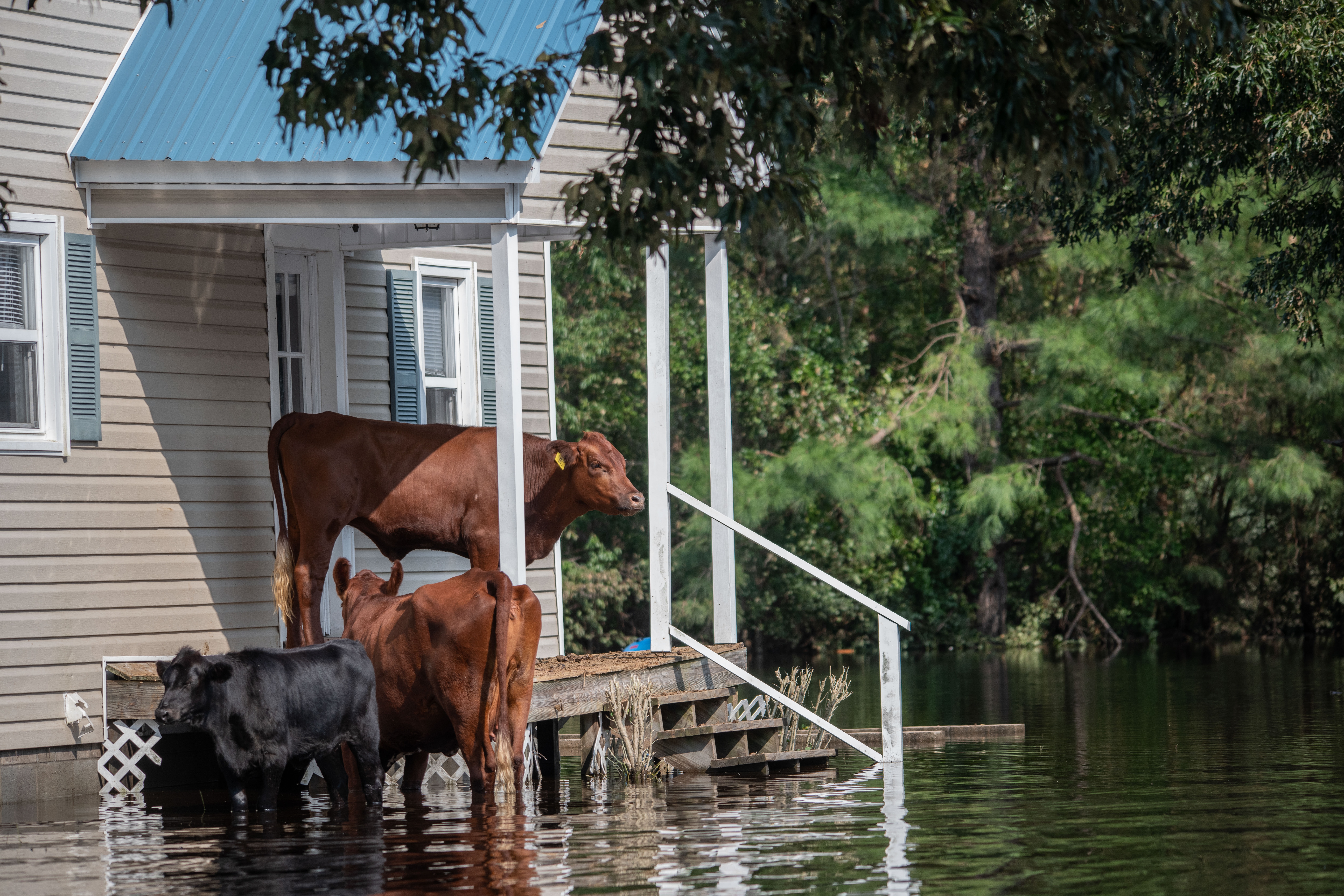Extreme weather, especially hurricanes and severe storms, will often leave flooding behind. If you live in an area with lots of water, it’s common that you’ve experienced oceans, lakes, and even rivers overflowing into the streets. Not only are these floodwaters an inconvenience, but they’re also hazardous. Therefore, everyone should be aware of how to behave in the event of a flood.
What is Hazardous Floodwater?
Floodwater refers to any water that’s overflowing, commonly occurring after extreme weather conditions. It might seem fun to wade in the floodwater and get a closer look at the damage, but it’s actually crucial to keep your distance instead. That’s because floodwater can contain hazardous organisms, such as E. coli, Salmonella, Hepatitis A Virus, and agents of typhoid, paratyphoid, and tetanus.
Ingesting the floodwater is the easiest way to get infected by these bacteria. However, they could also enter your body through cuts and open wounds. If you become infected, then you could experience nausea, vomiting, diarrhea, cramps, aches, or a fever.
On top of all that, the water could also be contaminated by chemicals or hazardous materials if the flood went through a hazardous waste site. These hazardous materials are more likely to cause headaches, rashes, dizziness, nausea, weakness, and fatigue. Anything that the floodwater touched could have an impact on it, so it’s better to be safe than sorry.
Why is Hazardous Floodwater So Harmful?
The torrential rainfall from Hurricane Florence is an ideal example of how much hazardous floodwater can affect the environment and the community. The hurricane flooded over 1,200 roads, which became so extreme that people were told to avoid driving through North Carolina completely. Additionally, 16 drinking water systems, seven sewers, and one nuclear plant were out of service.
Even after the floodwater subsided, many places were left with even more severe issues. Lots of hazardous waste was spread from coal ash sites, hog waste lagoons, and factory farms in the area. The rising flood also went over a dam, causing it to become contaminated with more hazardous waste.
North Carolina had already experienced the hazards of floodwater during Hurricane Floyd in 1999. During that time, 46 waste lagoons failed, which released millions of gallons of waste that contaminated large areas. Then, during Hurricane Matthew in 2016, 14 waste lagoons failed. So, every flood poses a high risk of waste contamination.
Also, another problem that these hurricanes can cause is the flooding of poultry farms. These farms are full of manure and urine, which contain ammonia and other harmful materials. Thus, the floodwater not only kills the chickens at these farms, but it also spreads these hazardous materials to nearby areas.
Finally, coal ash sites are another cause of major hazards during a flood. Coal ash contains arsenic and heavy metals, so it can be toxic if picked up by floodwater. Therefore, it’s best to be cautious around all floodwater, even small amounts, because you have no idea where it has been and what could’ve contaminated it.
How Can We Solve This Issue?
Unfortunately, floods are a natural disaster, so it’s difficult to stop them completely. Therefore, it’s more important for businesses and individuals to be responsible in the event of a flood. First of all, the most important rule to follow is to never drive in floodwater. Even if the water seems shallow, your vehicle can’t fully protect you from floodwater. Hazardous floodwater has caused many deaths, so if you see a flooded road, turn around and take a different path.
If you’re walking by foot, it’s just as essential to avoid flooding. It’s impossible to know what floodwater contains, so it’s better to avoid it altogether than to put yourself in danger. Floodwater could have downed power-lines, human or animal waste, medical waste, coal ash waste, physical objects, or wild animals in it. Coming into contact with most of these objects could cause you to become ill. So, avoid floodwater at all costs.
However, if you accidentally touch hazardous floodwater, then you need to be extra careful. This contaminated water could cause infections, rashes, gastrointestinal illnesses, tetanus, or leptospirosis. So, if you ever come into contact with contaminated water, then wash that area of your body immediately. Tend to any wounds and visit the hospital if necessary. Also, remove any contaminated clothes and wash them right away. The more careful everyone is, the less people will get hurt from hazardous floodwaters. Are you having problems with your own hazardous waste in your home or business? If so, Hayward Environmental Consulting is able to offer fast and efficient hazardous waste management. Contact us today for a no-obligation quote.

